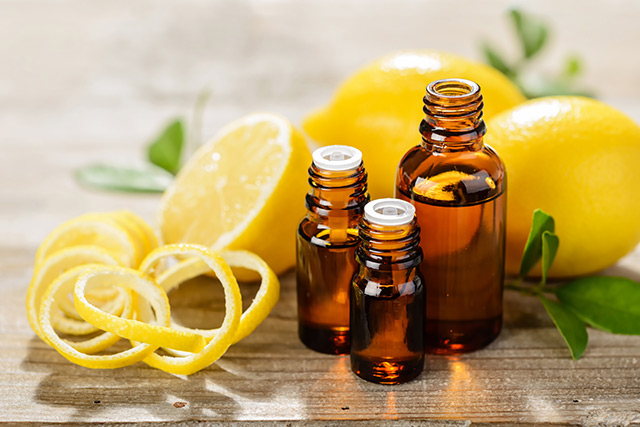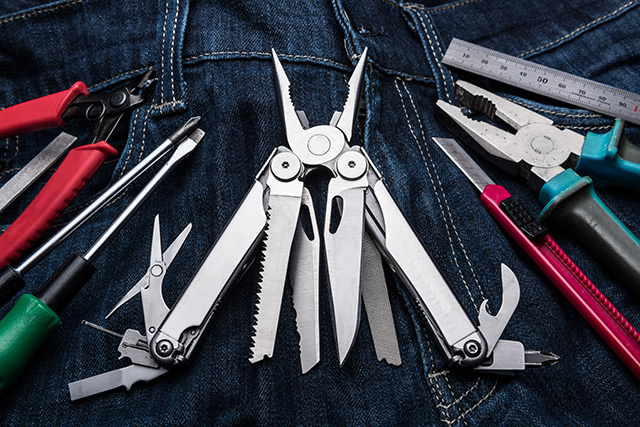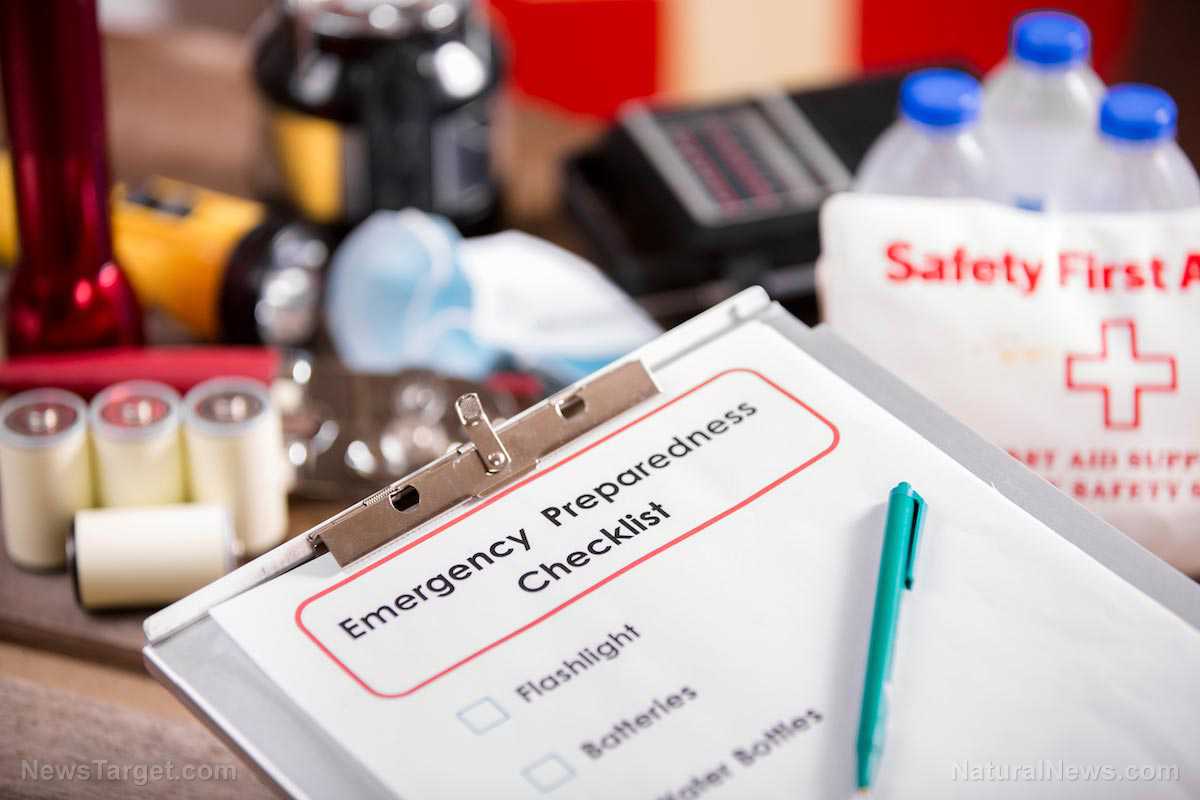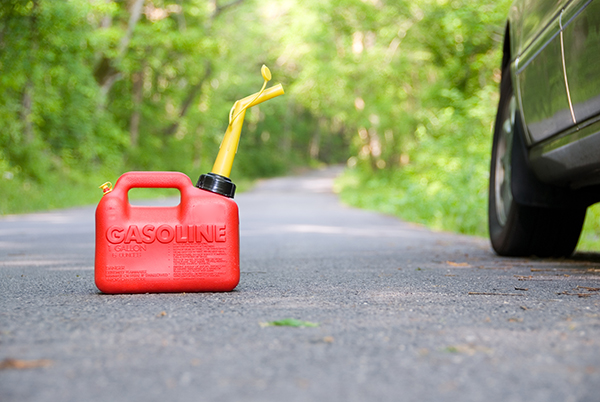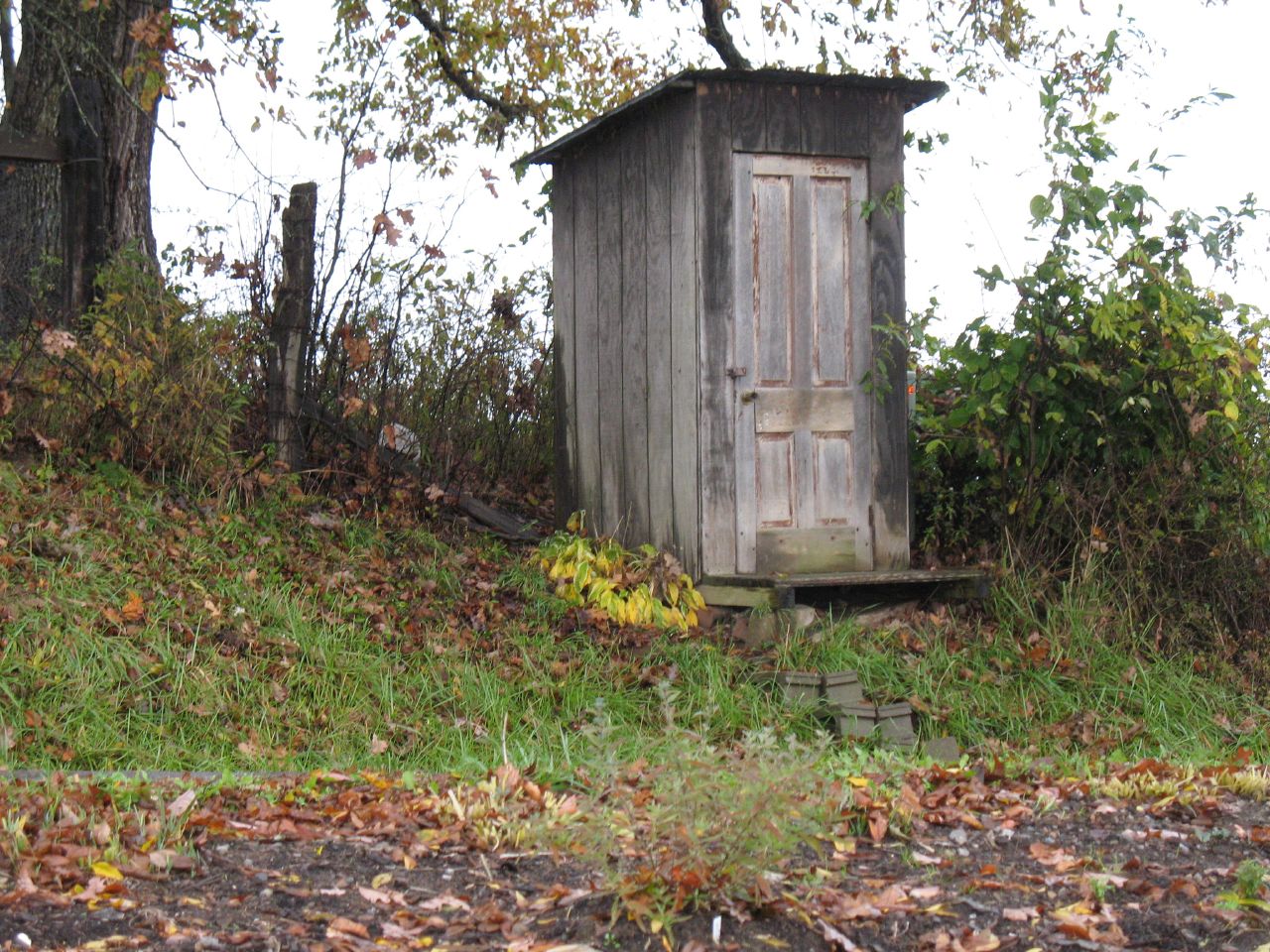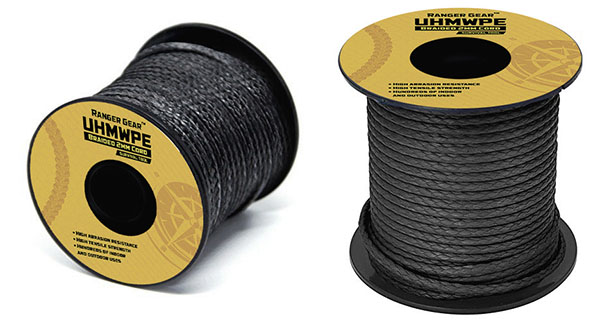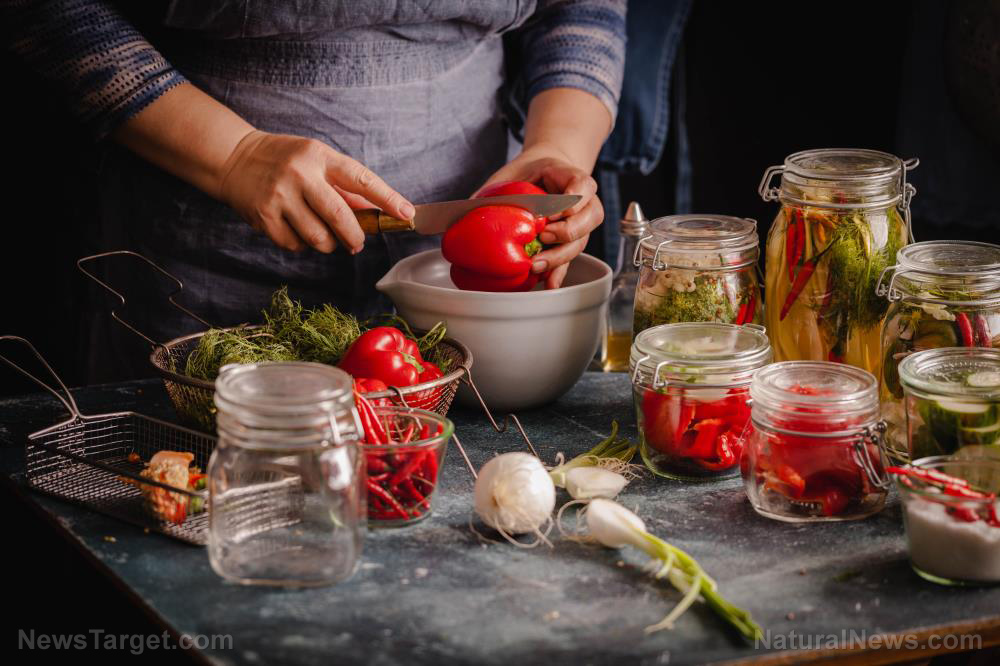Chickens, cows and more: Things to consider before choosing livestock for your homestead
10/05/2022 / By Zoey Sky
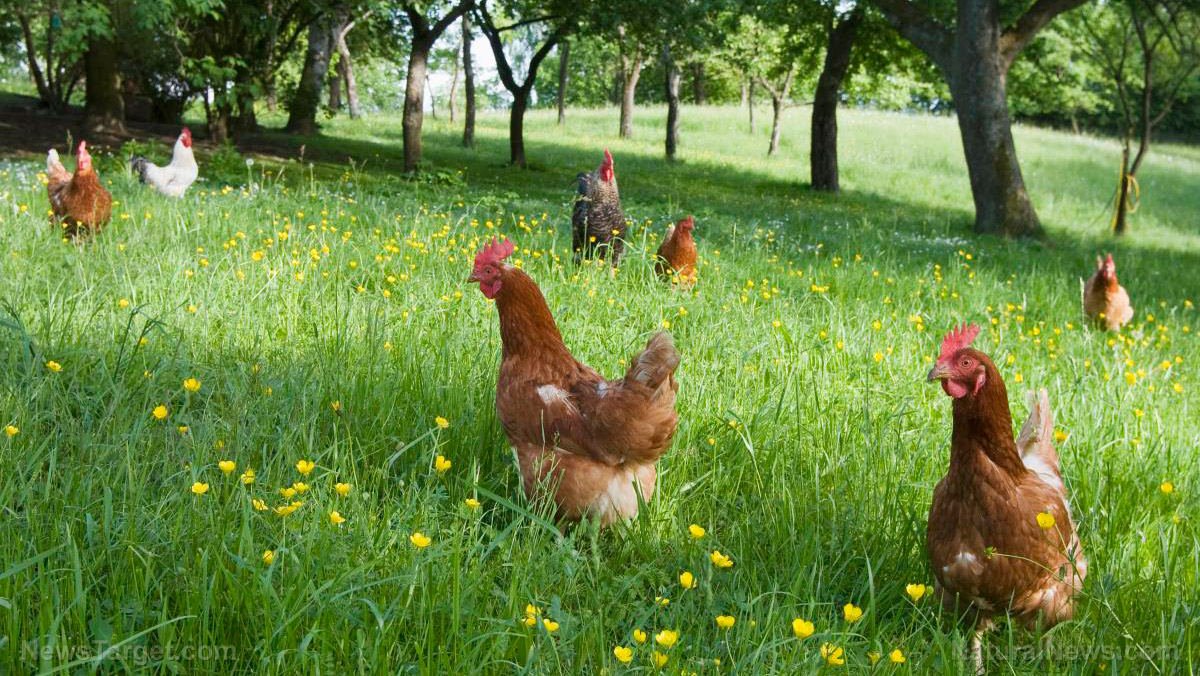
When you think of a homestead, you probably imagine a large plot of land with a garden and various animals like cows and pigs.
But for some homesteaders, these animals may be too much and they may opt for other smaller livestock like rabbits or chickens. Regardless of your location and background, it’s best to consider some important factors before buying livestock for your homestead. (h/t to ThePrairieHomestead.com)
While planning your homestead, set aside some time to evaluate your needs and goals before choosing which animals to raise on your property. If you’re not sure what to do, here are some questions to help you decide.
Why are you getting livestock for your homestead?
Raising livestock is the next step to self-sustainability, but before you buy chickens or cows, you need to think about why you want to get livestock for your homestead.
Do you want chickens because they can provide eggs for your family? Or do you want to raise chickens for their meat? Do you want cows or goats for their milk or to make cheese?
Knowing why you want to add animals to your homestead will help you figure out what species to consider and what breeds will work best for your needs.
Are you allowed to raise livestock on your property?
You need to research zoning and homeowners association rules in your area before getting animals so you don’t break any of them and end up wasting your money if raising livestock is not allowed.
Even if you don’t have a homeowner’s association that prohibits the raising of chickens or cows, the zoning laws of your city, township or county might. These rules can be strange because you might be able to raise animals, but they can limit the amount or type you are allowed to have. (Related: Things to consider before turning your home into a homestead.)
How many animals do you want to raise and do you have enough space for them?
Space is another important factor when raising animals on your homestead.
You don’t need a lot of space for a couple of chickens, but if you want a dozen or more egg-laying hens, you need to think of how much space the chickens need before getting too ahead of yourself.
Think of the type of animal you want to get, the number of animals and the amount of space on your property. Note that the amount of space on your property will determine what will work best for your livestock options.
Can you provide your animals with shelter and water?
Like humans, animals need shelter and clean drinking water.
The type of shelter your animals will need depends on your climate. Your shelter will provide animals with a dry, shaded area in warmer climates and keep them warm in cooler climates.
When deciding on a shelter for your animals, you may also want to consider an area where you can add electricity. If the shelter is going to be enclosed, you may want to run a fan in extreme heat or heat lamps if it gets too cold so your animals are comfortable when the seasons change.
Things like tank heaters or heated buckets may be necessary if you live in a climate where your water will freeze.
In most cases, it will be easier to have a shelter already in place before you get animals. If you bring your animal home first, you may have trouble setting up a suitable shelter.
A shelter for animals also includes an area where you can provide them with water. Depending on the animals you choose, this can be a small bucket or a huge tank.
Hauling water is one option, but if you have a lot of animals you may want to find an area for your shelter that is as close to a water source as possible to reduce the added tasks on your end.
Can you provide feed for your animals?
Animals need to eat too, but can you cover the cost, and is their preferred feed available to you?
If you have pasture land, then you don’t need to buy as much hay for grazing animals. But if you can only provide them with an acre of grass, then you will need to feed your animals hay year-round. Unfortunately, hay can be expensive and the price can vary year to year.
Do not impulse-buy chicks without considering how much feed they will need as they grow.
You need to understand what the long-term costs of feeding your animals are going to be. If you are worried about your budget, try to cut some of those costs.
What is the lifespan of the animals you want to raise?
Considering how long your animals will live has to do with feed costs, but also vet bills and end-of-life care.
If you’re only raising animals to provide meat for your family, then the life expectancy of your animals is relatively short compared to a laying hen or dairy animal. You will be butchering your livestock when they reach the right age or weight.
If you want to raise dairy animals, you need to think long-term. The average dairy goat can live 15 years, so you will be required to feed them and provide medical care for at least 15 years or even more.
Are you willing to put in the time and work to care for your animals?
Caring for livestock requires a lot of time, money and patience. Are you willing to put in the hard work to raise animals?
Your basic tasks will include feeding, watering and cleaning pens. Dairy animals also need to be milked once or twice a day.
These tasks will add to your other tasks on your homestead, so think long and hard about getting livestock.
The best animals for your homestead
After considering what animals to get for your homestead, you now need to decide where to get livestock. Here are some options:
Craigslist and Facebook
Craigslist will have a lot of local livestock ads and you can search right around your area for what you are looking for.
Some Facebook groups will sell animals. Find local connections through localized homesteading groups on Facebook.
Online hatcheries
Online hatcheries are very specific to poultry. You can buy your chicks and sometimes breeding pairs from online hatcheries.
Place your order on the hatcheries website, and they’ll give you the arrival date. The chicks will then be shipped to your local post office for pickup.
Local feed store chick days
You can also find poultry specifically during your local feed store’s chick days. This refers to a time during spring when feed stores have an inventory of chicks in their stores for people to purchase.
Note that feed stores usually have limited stocks and only a few varieties of chicks.
Local bulletin boards
Local stores sometimes have bulletin boards where people can post classified ads. Check local stores and vet offices for these classified ads.
Friends and local farms
Another great and easy way to find animals in your area is through the homesteading community. Ask fellow homesteader friends, people at farmer’s markets and local farms about their animals and if they have any available.
Consider this option if you are looking for dairy animals since you can also get useful information from the seller.
Here are 11 animals you might want to raise on your homestead:
- Catfish
- Cattle
- Chickens
- Donkeys
- Ducks
- Goats
- Guineas
- Pigs
- Rabbits
- Sheep
- Turkeys
Tips for stress-free livestock buying
Lastly, check out these tips for stress-free livestock buying.
Know what breed is best for your homestead
You should have an idea what livestock breed is best for your homestead.
If you’re getting chickens, know that certain breeds can be docile while some are rather aggressive. When considering dairy cow breeds, check the amount of milk a breed produces.
Ask an experienced buyer or friend for advice
If you are new to raising livestock, consult someone who has experience buying the breed of animals you are interested in. Ask them the basics of raising these animals so you can get started with little to no problems.
Check if the animal is from a “clean herd”
There are different diseases that each species can be tested for annually.
A “clean herd” means an animal’s herd has been tested and is disease-free as of the testing date. Each species has different tests and diseases that are tested for.
If you already have some livestock at home and you’re bringing in new animals, always quarantine the new animals for a bit to make sure that they aren’t bringing new diseases to your homestead.
Like other aspects of homesteading, raising animals requires a lot of planning and research on your part. Once you have decided on what kind of animal to raise on your homestead, prepare their shelter and get animals from a trusted breeder or seller.
Watch the video below for some tips on raising chickens on your homestead.
This video is from the Common Sense Cowgirl channel on Brighteon.com.
More related stories:
6 Things to expect when you start a small-scale homestead.
Homesteading 101: Six factors to consider when buying land for your homestead.
Homesteading 101: How to protect your livestock from common predators.
Sources include:
Submit a correction >>
Tagged Under:
animals, Cattle, farm, farm animals, food supply, green living, homesteading, homesteading tips, livestock, off grid, preparedness, prepper, prepping, survival, sustainable living
This article may contain statements that reflect the opinion of the author
RECENT NEWS & ARTICLES
COPYRIGHT © 2017 OFFGRID NEWS

